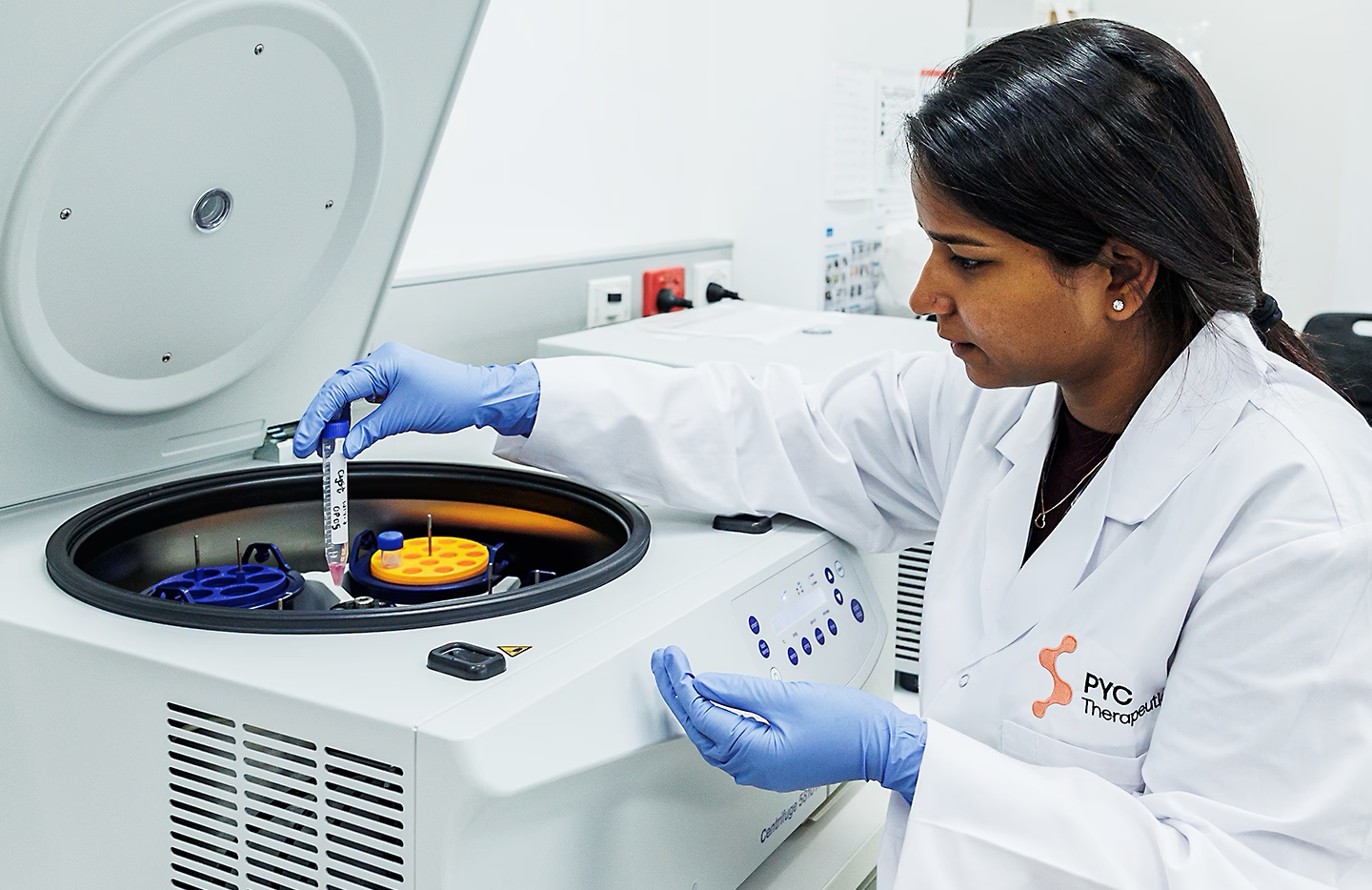We believe that diseases caused by mutations of a single gene (monogenic indications) are a fundamental driver of therapeutic success in genetic diseases – and that this offers the greatest potential to provide life-changing treatments to patients.
We have a deep understanding of the processes that enable gene expression to optimise RNA therapies and their delivery systems. Our goal is to translate this expertise into potentially curative, life-changing therapeutic options.





